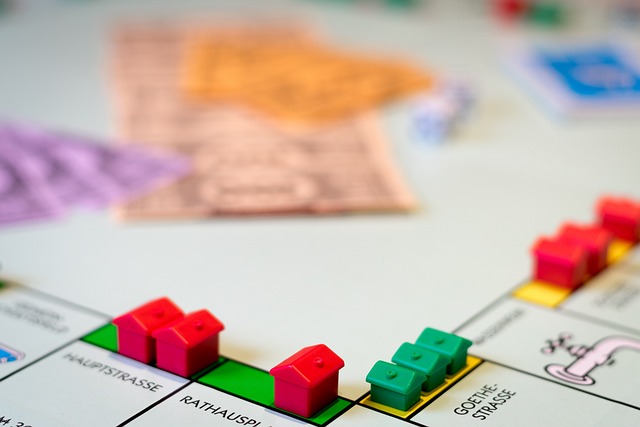Relapse prevention requires identifying high-risk situations (e.g., social gatherings with former peers) and using cognitive-behavioral techniques to reframe negative thoughts, combined with holistic wellness programs and mindfulness practices. Building a strong support system among like-minded individuals is key, along with trauma-informed care and comprehensive co-occurring disorder treatment for vulnerable individuals. These strategies, focusing on ways to overcome peer pressure while in recovery, enhance resilience and promote successful long-term recovery.
Personalized relapse prevention plans (RPPs) are a powerful tool for individuals in recovery, offering a proactive approach to manage high-risk situations. This article explores how understanding triggers and creating tailored RPPs can empower people to stay on track. We delve into strategies specifically targeting peer pressure, a common challenge during recovery. By implementing these effective tactics, individuals can navigate social environments with confidence, making informed choices and maintaining their sobriety. Discover practical ways to overcome peer pressure while in recovery and reclaim your life.
- Understanding Relapse Triggers and High-Risk Situations
- Creating a Personalized Relapse Prevention Plan
- Strategies to Overcome Peer Pressure During Recovery
Understanding Relapse Triggers and High-Risk Situations

Relapse often occurs when individuals encounter specific triggers and high-risk situations that they’ve experienced in the past. Understanding these cues is a pivotal step in preventing a relapse during addiction recovery. High-risk situations can vary widely, from social gatherings where peer pressure may be intense to certain environments or activities that hold personal significance in one’s history with addiction. Recognizing these risks and having strategies to manage them proactively is key.
One effective approach involves learning ways to overcome peer pressure while in recovery. This might include practicing mindfulness techniques for stress relief, such as deep breathing exercises or meditation. Holistic wellness programs integrating yoga, meditation, and nutrition for deep healing can also equip individuals with tools to navigate high-risk situations mindfully and make conscious choices that support their recovery journey.
Creating a Personalized Relapse Prevention Plan

Creating a personalized relapse prevention plan is a proactive step toward maintaining recovery. It involves identifying high-risk situations that could trigger cravings or relapses and developing strategies to navigate them effectively. This process begins with self-reflection, where individuals assess their personal triggers, vulnerabilities, and strengths. For instance, someone in recovery might recognize that social gatherings with peers who still use substances present a significant risk. By recognizing these triggers, they can start to craft tailored responses.
One effective approach is integrating Cognitive-Behavioral Therapy (CBT) techniques to reframe negative thoughts and behaviors associated with high-risk situations. Encouraging healthy habits in early sobriety, such as regular exercise and mindfulness practices, can also strengthen one’s resilience. Group counseling sessions offer a supportive environment where peers in recovery can foster empathy, accountability, and a sense of community, further reinforcing the personalized plan.
Strategies to Overcome Peer Pressure During Recovery

Peer pressure can be a significant obstacle during recovery, especially when trying to avoid triggers and high-risk situations. Individuals in recovery should be equipped with strategies to navigate social interactions and resist impulsive behaviors. One effective approach is to foster strong support systems and build a network of like-minded individuals who understand the journey to sobriety. This can reduce feelings of isolation and provide encouragement when facing peer pressure.
Incorporating holistic wellness programs, such as those integrating yoga, meditation, and nutrition, can empower individuals with tools to manage stress and emotions. These practices promote self-awareness and inner strength, enabling better decision-making skills. Additionally, trauma-informed care is essential in addressing any underlying issues that may contribute to vulnerability during high-risk situations, providing a safe and supportive environment for healing and growth. Co-occurring disorder treatment options that target both the primary addiction and any comorbid conditions are also vital, ensuring a comprehensive approach to recovery.
Personalized relapse prevention plans, by equipping individuals with strategies to anticipate and manage high-risk situations, prove to be a powerful tool in overcoming triggers and peer pressure during recovery. By understanding their unique triggers and implementing tailored strategies, folks can navigate their journey towards lasting sobriety with enhanced resilience. Incorporating methods like cognitive reframing, advancing coping skills, and fostering supportive networks are key to revolutionizing the way we support those in recovery from substance abuse.






